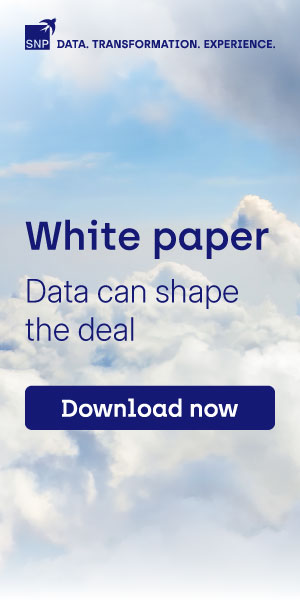The pace of change in the world of work is relentless, matched only by the speed of innovation – particularly in the realm of artificial intelligence (AI) and machine learning (ML). As a former CIO, I know we cannot drive the shift to a skills-based workforce without AI/ML. At the same time, as chief customer officer, I know that empathy plays a central role in deploying technologies like these in support of our customers and their ever-changing needs.
A recent skills-based survey from Deloitte revealed that only 19 percent of business executives and 23 percent of workers say work is best structured through jobs. This means increasingly basing work and workforce decisions on skills – not formal job definitions, titles, or degrees.
I’ve seen this talent shift at Workday, which has accelerated our own culture of innovation and we continue to advance technologies, built on an AI/ML foundation, that allow our customers to bring skills data easily and securely in and out of Workday.
Making the leap to becoming a skills-based organization means having the tools to identify and promote growth opportunities to upskill workers and help retain top talent, while finding the best ways to attract new top talent to help fill the skills gap. For example, Workday customers can create personalized, more engaging experiences for workers via tailored recommendations for skills development based on their preferences and career goals, and offer individualized learning plans, gigs, mentors and job recommendations based on a worker’s specific skills profile.
Unlocking this data helps our customers gain deeper insight into existing and needed skills within their workforces, which translates into more informed talent strategies that create more opportunities for skills-based hiring practices.
Upskilling, reskilling and skills gaps
The potential of skills to address complex business challenges is vast. Whether it’s talent acquisition and retention, upskilling and reskilling, workforce planning, or a combination of these, skills provide a common language to understand worker capabilities today and workforce needs of the future.
To bring this to life, we now have more than 1,325 customers who use Workday as their trusted source of skills. Our ML algorithms and relational database presents skills suggestions, making it easier to identify skills to add to candidate applicants, worker profiles, job requisitions and learning content, thus reducing administrative complexity.
Businesses need to be able to drive predictive insights and analytics – enabling them to make decisions faster and with more confidence. People analytics can help guide executives with insights through the skills trends, gaps and KPIs via a quick, easy-to-use dashboard.
To succeed, businesses must look beyond their workers’ employment histories and instead empower workers to deliver results based on their skills and interests. Employers must give workers the opportunities to build on the skills they already have, and this means having the right tools and data to make effective decisions.






